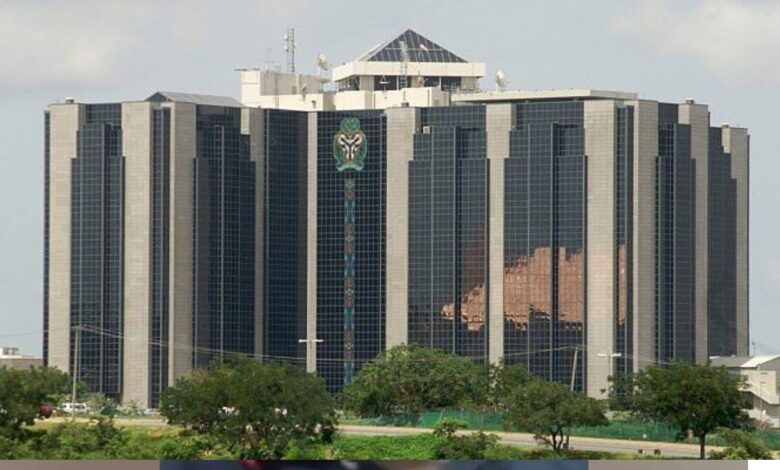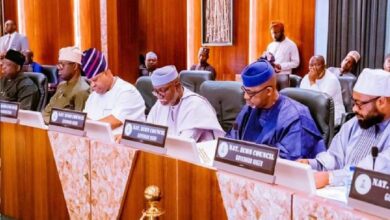How CBN’s Exchange Rate Hike Affects Nigeria’s Importers and Consumers

The Central Bank of Nigeria (CBN) has raised the exchange rate for import duty collection from N951.842 to N1,356.883 per US dollar. This means that importers will have to pay more naira for every dollar they spend on importing goods into the country. The CBN is the sole authority that determines the exchange rate for duty collection.
The new exchange rate took effect on Friday morning, according to Barr Michael Ovien, a leading Customs Broker. He confirmed that the CBN had updated the exchange rate on the Trader Portal for Single Window Trade, which is the online platform for processing import and export transactions.
The impact of the exchange rate hike is expected to be felt by both importers and consumers. Importers will face higher costs of importing goods, which may force them to reduce their import volumes or pass on the extra costs to consumers. Consumers, on the other hand, will have to pay more for imported goods and services, which may affect their purchasing power and standard of living.
According to the National Bureau of Statistics, Nigeria’s total trade in the third quarter of 2023 was N18.80 trillion, of which exports accounted for N10.35 trillion and imports for N8.46 trillion. With the new exchange rate, the cost of imports will increase by about 42%, which will widen the trade deficit and put more pressure on the naira.
The CBN’s exchange rate hike comes amid its efforts to stabilize the naira and the foreign exchange (forex) market. The CBN recently issued a circular that removed the cap on the exchange rates quoted by International Money Transfer Operators (IMTOs), allowing them to offer competitive rates to attract more inflows of foreign currency. The CBN also issued a guideline to curb the hoarding and speculation of foreign currency, which had contributed to the depreciation of the naira.
These measures have had some positive effects on the naira, which recovered slightly against the US dollar on Wednesday. However, the forex market remains volatile, with the naira closing at N1461.90 per dollar on Thursday, according to the FMDQ market. The CBN will have to balance its objectives of maintaining exchange rate stability and supporting economic growth in the face of rising inflation and dwindling foreign reserves.




